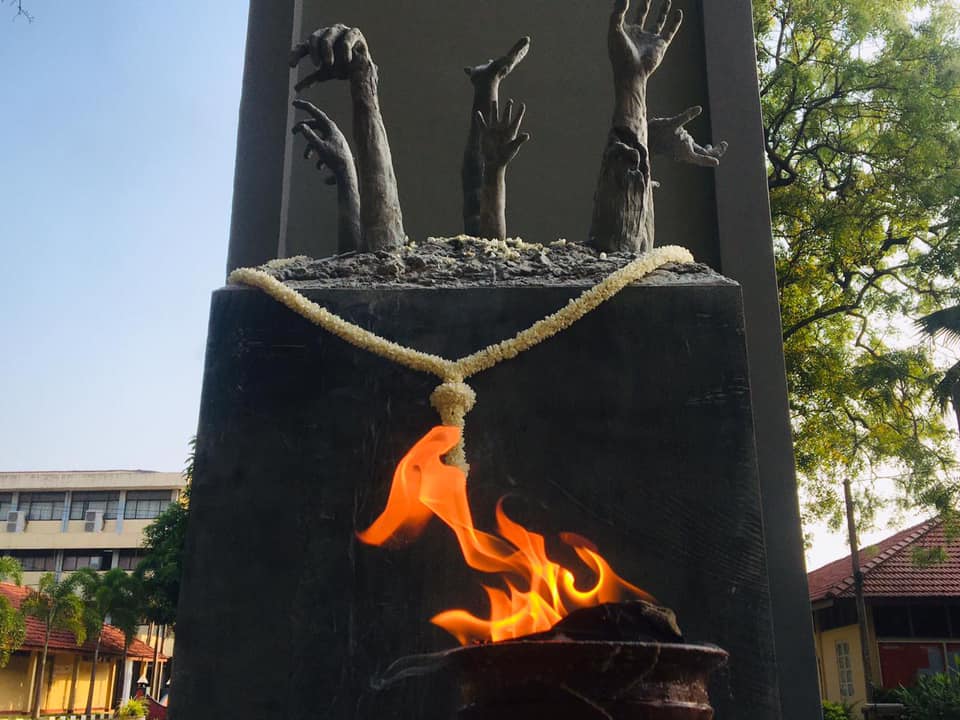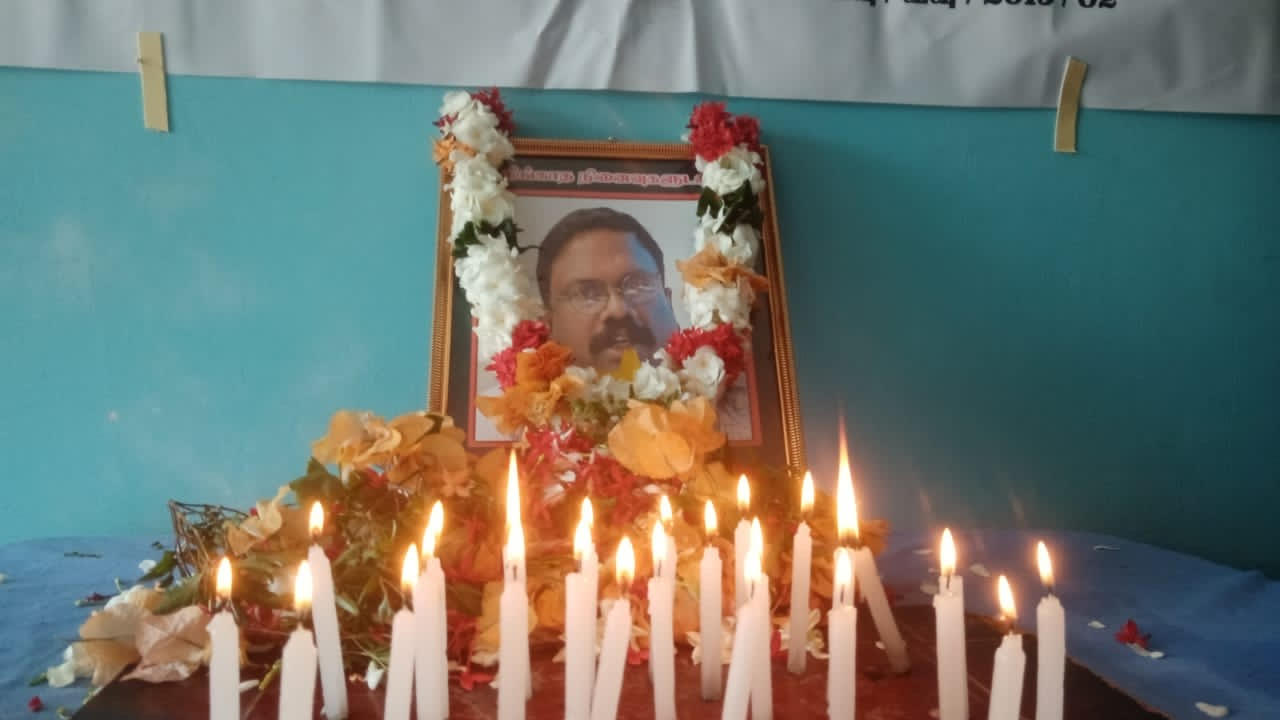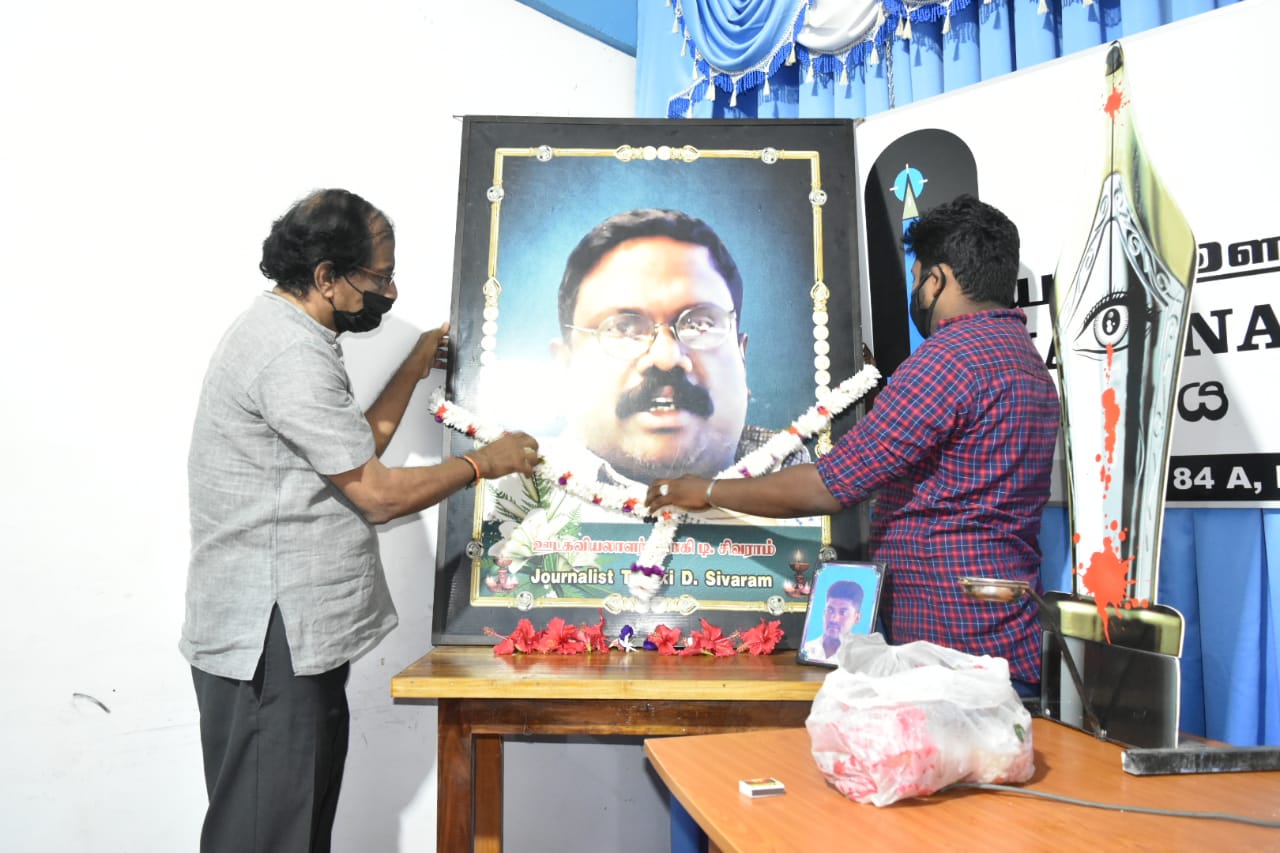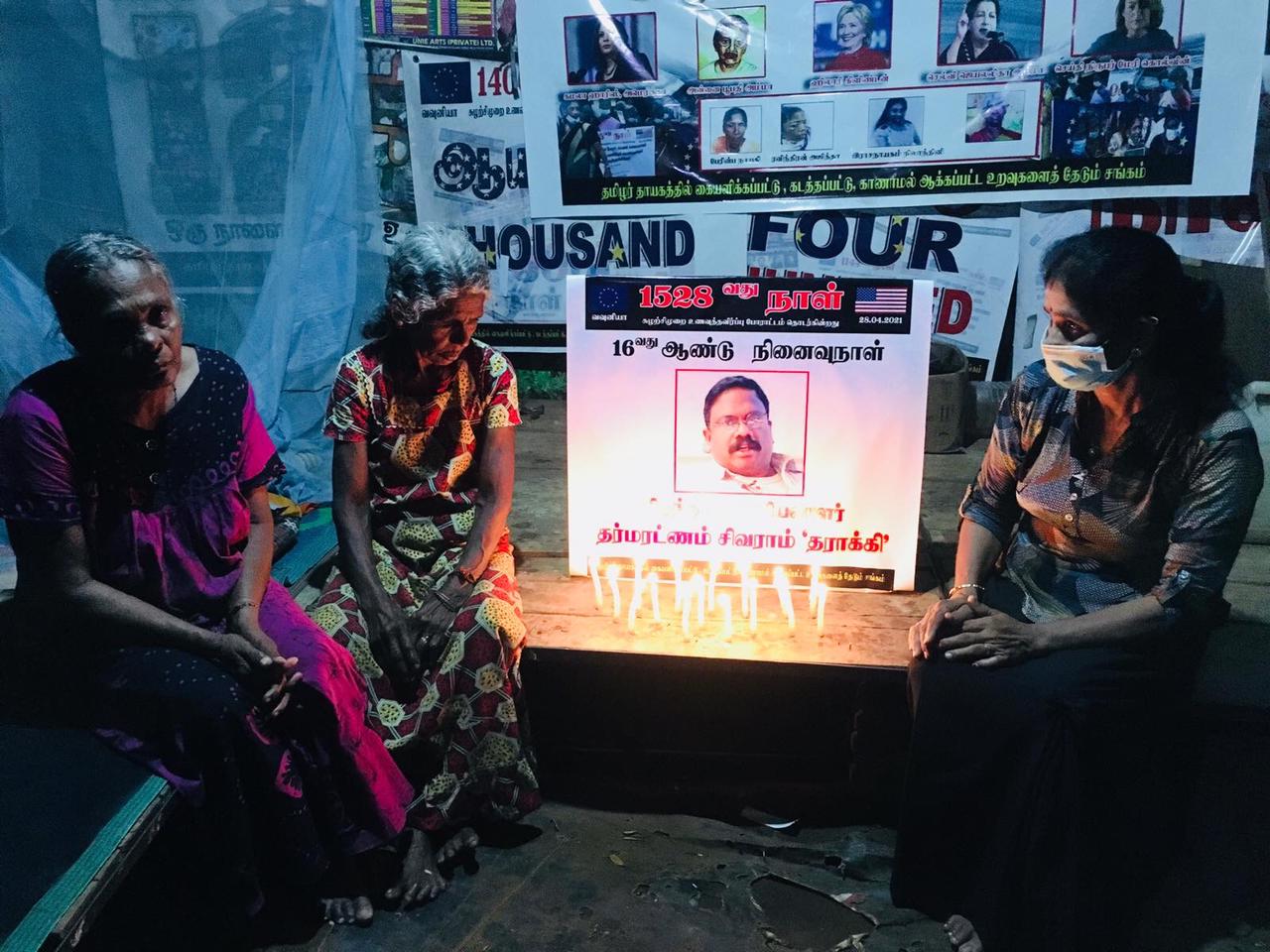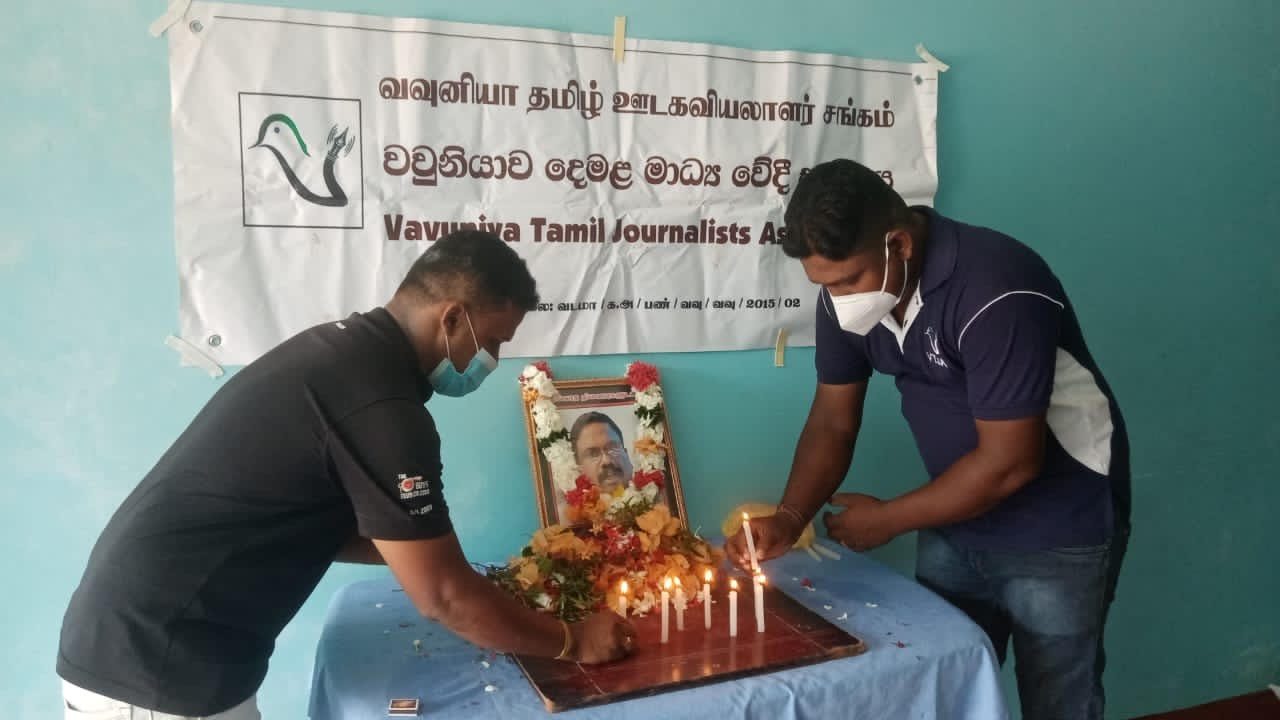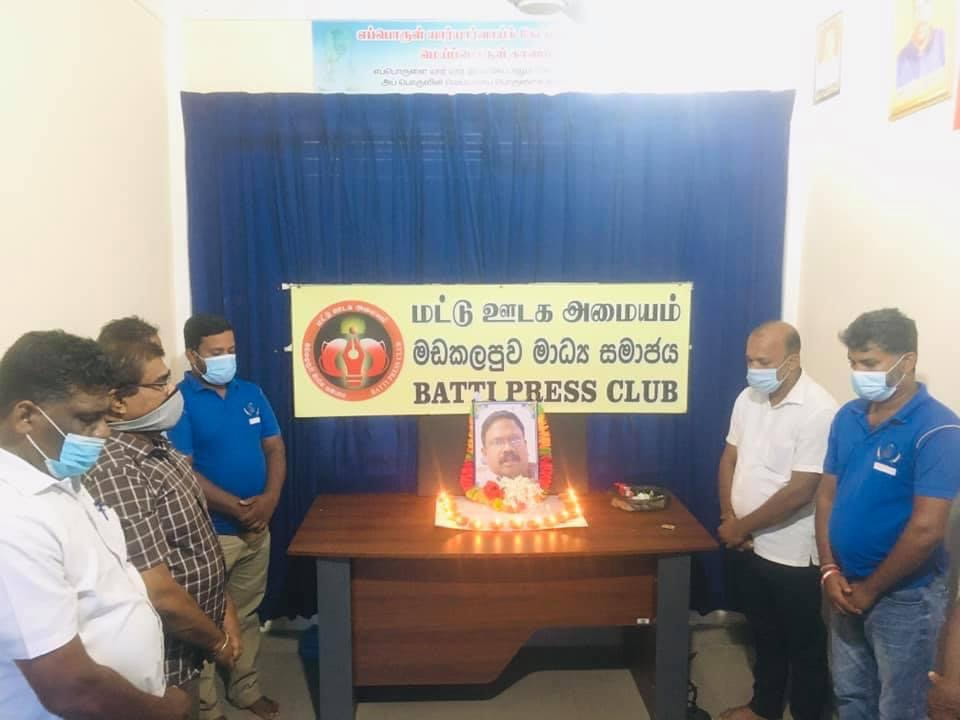Several initiatives have already been taken to implement the recommendations of the final report of the Presidential Commission of Inquiry into political victimization (the CoI) including the obtaining of Cabinet approval, the establishment of a Special Commission of Inquiry and a resolution tabled in Parliament. While Commissions of Inquiry have played a recurring role in distracting attention away from established mechanisms for justice and accountability in the past, the haste with which the recommendations of the present Commission are intended to be implemented is a cause for concern and may have grave implications for the independence of the judiciary, the rule of law and democracy in Sri Lanka.
Past Initiatives
Commissions of Inquiry (CoI) and Special Presidential Commissions of Inquiry (SPCoI) have a history of being instrumentalized as delaying tactics or as tools for partisan attacks. Past CoI and SPCoI initiatives were also criticized for lacking impartiality and transparency and disregarding due process rights guaranteed by the Constitution. The opacity of the proceedings of these commissions was compounded by their operation outside established legal mechanisms, resulting in delays of ongoing legal proceedings, intimidation of victims and witnesses, and the distortion of evidence.
SPCoIs are particularly problematic as the Special Presidential Commissions of Inquiry Act authorizes them to recommend civic disabilities on persons found guilty of political victimization. This draconian law was used against Mrs. Sirimavo Bandaranaike in 1980, where she was charged with allegations of abuse and misuse of power and corruption. After being summoned before a Special Presidential Commission of Inquiry, Mrs. Bandaranaike was found guilty and subjected to civic disability, resulting in her expulsion from Parliament.
Recommendations of previous commissions have not resulted in prosecutions of those accountable for human rights abuses and corruption. Notably, the CoIs established to aid the processes of reconciliation and accountability have fallen short of their stated goals and functions, contributing to the climate of impunity and victims’ distrust of state-led accountability mechanisms while painting a veneer of justice in the face of international scrutiny.
The International Independent Group of Eminent Persons (IIGEP) in its statement regarding the 2006 Commission of Inquiry to Investigate and Inquire into Alleged Serious Violations of Human Rights succinctly described the ineffectiveness of CoIs, and “the absence of political will and the institutional inability of Sri Lanka to conduct human rights inquiries in accordance with international norms and standards.” The IIGEP further observed the unwillingness of the government to “investigate cases with vigour, where the conduct of its own forces has been called into question” and to grapple with “the systemic failures and obstructions to justice that rendered the original investigations ineffective.”
Mandate and Powers of the CoI and the SPCoI
The CoI on political victimization was appointed by Gazette (Extraordinary) No. 2157/44 of January 9, 2020 in terms of Section 2 of the Commission of Inquiry Act, and the original mandate was amended by Gazette (Extraordinary) No. 2159/16 of January 22, 2020.
Since its establishment, the CoI was criticized by several parties for exceeding its already broad mandate. For instance, the Attorney General noted that since the CoI was appointed to look into alleged political victimization of public officers, employees of state corporations, members of armed forces, and the police; private citizens such as the Avant Garde Chairman (Retired) Major Nissanka Senadhipathi have no legal standing before the CoI. The Centre for Policy Alternatives (CPA) and its Executive Director, Dr. Paikiasothy Saravanamuttu filed a Fundamental Rights application challenging the broad powers granted to the CoI, as they violate the separation of powers, the rule of law, and the right to equality guaranteed under Article 12(1) of the Constitution.
Despite criticism, the proceedings of the CoI were concluded and the final report of the CoI was handed over to the President on December 8, 2020. In the ensuing months, opposition parties continually called for the report to be tabled in Parliament. It was only three months later, on March 9, 2021 that the report was tabled in Parliament.
Meanwhile, the Cabinet approved the proposal by the President to take the necessary steps to implement the decisions and recommendations of the final report of the CoI. On January 29, 2021, a Special Presidential Commission of Inquiry (SPCoI) was appointed by Gazette (Extraordinary) No. 2212/53 to implement several recommendations of the CoI. The SPCoI is empowered to recommend the imposition of civic disability on members of the Anti-Corruption Committee, with the effect of bypassing established judicial institutions and mechanisms in the implementation of recommendations of a CoI. The mandate of the SPCoI was amended more recently by Gazette (Extraordinary) No. 2221/54 of April 1, 2021, vesting expanded powers with the commissioners to inquire into, report on, and initiate further investigations regarding complaints of the CoI if they deem it necessary. The ongoing proceedings of the SPCoI are not open to the public.
While the CoI is merely a fact-finding body, the powers of the SPCoI have a far-reaching impact on the basic rights of citizens. Under Section 9 of the Special Presidential Commissions of Inquiry Act No. 4 of 1978, SPCoIs are authorized to recommend civic disabilities where it finds at the inquiry and reports to the President that any person has been guilty of any act of political victimization, misuse or abuse of power, corruption or any fraudulent act, in relation to any court, tribunal or public body, or in relation to the administration of any law. The President shall cause such findings to be published in the Gazette and direct that such report be published.
On April 9, 2021, Prime Minister Mahinda Rajapakse tabled a Resolution in Parliament seeking approval to implement recommendations related to complaints mentioned in Item No. 09 and 10 in the final report of the CoI. Item No. 09 and 10 include recommendations on criminal investigations into several emblematic cases, and ongoing investigations concerning corruption and financial irregularities. The Resolution seeks approval to institute criminal proceedings against investigators, lawyers, officers of the Attorney General’s Department, witnesses, and others involved in these complaints, and to dismiss several cases currently pending in court. Moreover, it seeks approval to refer these decisions and recommendations to the relevant authorities for implementation. These authorities include the Commission to Investigate Allegations of Bribery or Corruption, the Public Service Commission, the Inspector General of Police, the Minister in-charge of the relevant Ministries, and the Secretaries to the Ministries.
Process
The CoI has faced criticism from parliamentarians, civil society groups and the international community for exceeding its legal mandate, contravening due process guarantees, and clear instances of politicization. From its outset, the CoI came into conflict with the Attorney General’s Department and the judiciary over its conduct and rulings on ongoing cases. On January 27, 2021, the CoI issued an order preventing the Permanent High Court at bar from proceeding in the case filed against the former Navy Commander Wasantha Karannagoda and others and informed the Attorney General (AG) to halt the investigations and prosecution in several cases being probed by the CoI.
The three-member bench of the Trial at Bar noted that Court would not be able to function if commissions of this nature called for documentation, thus crippling the work of the courts. The Court issued an order for the Secretary of the CoI to be present in court to account for the investigation files relevant to the trial, and issued a bench warrant for her arrest when she failed to appear in court.
In an immediate response, the CoI summoned the AG, stating that the Court order is a deliberate attempt by the AG to cross the line at a point when the Commission had ordered the AG against proceeding with this case until the CoI investigations are completed. On this and subsequent occasions, the AG informed the CoI that it has no mandate to issue summons or notice on officials of the Attorney General’s Department and that the CoI has no statutory or legal authority to order the AG to refrain from performing his statutory functions.
On November 6, 2020, five opposition MPs filed a complaint with the Commission to Investigate Allegations of Bribery or Corruption, alleging that the proceedings of the CoI were corrupt. The CoI then summoned them before the police to reveal details about their complaint, which should be privileged under the law. The opposition MPs were also summoned to the CoI and informed of the CoI’s decision to file a contempt case against them in the Court of Appeal.
This continuing interference with ongoing judicial processes and attempts to suppress dissent foreshadowed the disturbing nature of the eventual findings and recommendations of the CoI.
Recommendations
Several groups including parliamentarians, the Bar Association of Sri Lanka (BASL) and civil society groups have raised concerns about the findings and recommendations of the final report of the CoI. Opposition MPs have petitioned the Supreme Court that some of these recommendations amount to contempt of Court, while a group of past presidents of the BASL expressed “serious concern” that the contents of the CoI report may “undermine the Rule of Law in this country, impair independence of the judiciary and erode impartial and efficient functioning of the Attorney General’s Department.” In a separate statement, the BASL expressed its “utmost concern” about efforts to withdraw certain ongoing criminal cases based on the recommendations of the report.
The CoI report recommends that the ongoing criminal investigations and prosecutions in several emblematic cases be withdrawn including the case of alleged abductions involving Admiral Wasantha Karannagoda and others, the assassination of MP Nadaraja Raviraj and former MP Joseph Pararajasingam, the death of Wasim Thajudeen, the murder of Lasantha Wickrematunge, the Welikada prison massacre, the disappearance of journalist Prageeth Ekneligoda and the abduction of journalist Keith Noyahr.
The CoI also recommends that the charges against those accused be dropped in several ongoing cases related to large-scale misappropriation of public funds. These include the investigations of alleged financial irregularities in the Divi Neguma Department, the Tourism Development Authority, Co-operative Establishment (Sathosa), National Lottery Board, Ceylon Petroleum Corporation, Carlton Sports Network (CSN) and the Tharunyata Hetak Organisation. They also include cases in which various associates of the government are implicated such as the MiG aircraft deal with Ukraine, the investigation into the Avant Garde controversy and the Rakna Araksha Lanka Company as well as the investigation into the purchase of a land by the D.A. Rajapaksa Foundation.
Under the Code of Criminal Procedure, the withdrawal of an indictment must be done by the Attorney General. The withdrawal of ongoing cases circumventing the authority of the AG undermines the rule of law and threatens the independence and effectiveness of the Attorney General’s Department.
Additionally, these recommendations are a grave challenge to the independence of the judiciary in Sri Lanka. They reduce orders and decisions of the courts to acts of political victimization and recommend their reversal. Perhaps the most disturbing recommendation in this regard is that the Attorney-General should request a larger bench of the Supreme Court to review the guilty verdict and the death penalty in relation to the case against Duminda Silva in the Bharatha Lakshman Premachandra assassination. It is unprecedented for a CoI to call into question and overturn a judgment made by the highest court in Sri Lanka.
In almost all of the cases probed, the CoI has recommended that the investigators, prosecutors, lawyers and witnesses involved in the investigation of the cases be charged for the offences of fabricating false evidence and corruption under the Penal Code and the Bribery Act respectively.
These recommendations if implemented would result in the intimidation and harassment of witnesses of the case. It also undermines the independence of the police officers and Attorney General’s Department officers who have conducted the investigations and prosecutions and would in the future deter impartial action in cases that are considered politically sensitive.
Conclusion
While recognizing the importance of the access to justice for those subjected to political victimization, it is clear that the CoI itself has failed to safeguard itself against charges of politicization. The mandate, process and recommendations of the CoI violate the rights of citizens guaranteed by the Constitution, undermine the rule of law and threaten the independence of the judiciary, the Attorney General’s Department and the police service of Sri Lanka. In this light, it is of the utmost importance to be vigilant about ongoing action taken pursuant to the findings of the CoI.
For more information see https://www.cpalanka.org/a-commentary-on-the-pcoi-and-the-special-pcoi-on-political-victimization/



